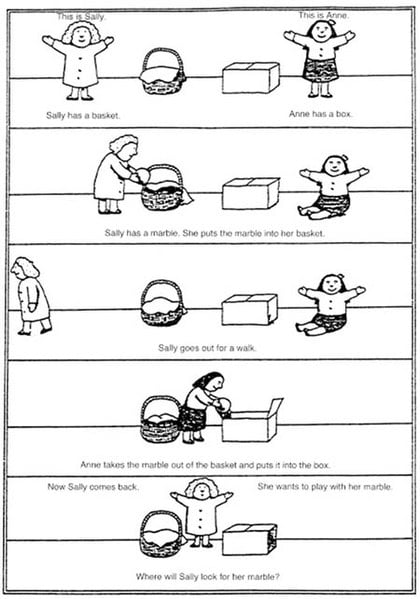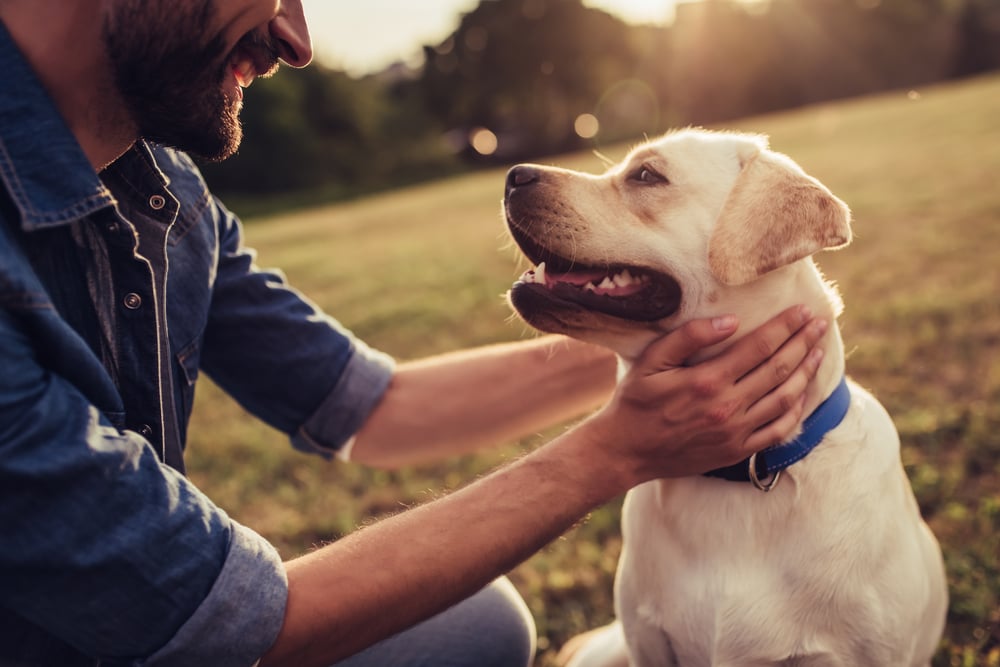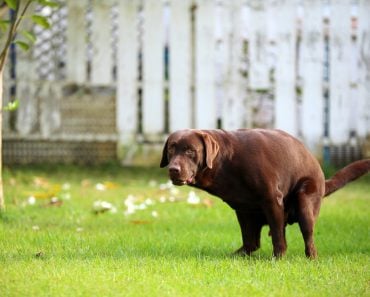Table of Contents (click to expand)
Research suggests that dogs can indeed tell when you’re lying to them. Researcher tested whether dogs followed the advice of a person that was lying to them and found that many dogs did the opposite of the advice when they were being lied to.
Recall a time you told a lie. Do you have a secret chocolate stash in your room that your parents know nothing about? Or did you ever tell false stories about your achievements to your friends? Most of us have lied at some point in our lives. It could have been because we didn’t want to hurt someone’s feelings or we perhaps we just didn’t want to face the consequences of failing our exams.
It is impossible to get out of all those lies without being caught. People usually only consider this when doing it to other people, but what about animals? Have you ever wondered if your dogs could tell when you’re lying to them? Would this make you think twice next time before you fake-throw the ball to your dog?

Interestingly, there seems to be a way to test this out in animals.
Recommended Video for you:
What Is The Sally-Anne Test?
The Sally-Anne test involves a girl named Sally putting a marble inside a basket. Another girl named Anne then takes the marble and puts it inside a box when Sally isn’t there. We would assume that when Sally comes back, she will look into the basket, because she didn’t see what Anne did. This test is used to understand how children apply the concept of different perspectives and logic. Those who pass the test will expect Sally to look into her basket, even though they know the marble is in the box.

Researchers utilize this same concept in various ways to find out if animals can understand when someone is lying. One can only imagine that dogs might be good at this, as they seem to show a good understanding of human behavior. After all, a dog is “man’s best friend”.
To do this in dogs, scientists often use food as a motivator. They also change other parts of the test, since you can’t “ask” dogs to tell you what Sally thinks. In one study, researchers hid food inside one of two buckets and had person 1 (‘Sally’) show them the right bucket. They then changed things up by making person 2 (‘Anne’) switch the food either in front of Sally or when Sally wasn’t there. A lot of dogs went towards wherever the food was, irrespective of Sally’s advice.
Surprisingly, however, most dogs that followed Sally’s advice only did so if Sally wasn’t aware of this switch.
Accordingly, the authors of the study told Live Science, “Because more dogs refused to follow a human informant who knows where food is (in contrast to one who didn’t know), but still points to the empty cup, we thought the dogs might have understood her suggestion as ‘deceptive’.”

This may mean that the dogs can tell if you’re lying, though it must be pointed out that there could be other reasons we aren’t aware of why all the dogs didn’t go for food. This line of research needs more attention. That said, there is a possibility that dogs might be able to pick out the liars among us, a fact we might want to consider next time we shake an invisible treat in our hand.
What Other Factors Could Influence Dogs’ Behavior?
The same study on dogs also went on to investigate if the breed type matters. Interestingly, they found that border collies picked the empty bucket if the person wasn’t aware of the switch. Terriers, on the other hand, did the exact opposite, and usually went to the food, regardless of what the person encouraged. This might be because different breeds have different personalities, and border collies are said to be more cooperative. Hence, they might be more understanding of human nature.
Also, if the dogs seemingly ‘trust’ complete strangers in these types of studies, we can only imagine what they would be like with their owners. It is believed that dogs not only love their owners unconditionally, but also trust their owners implicitly. They trust you to feed them every day and take care of them.
These dogs in the study might have trusted their owners’ suggestions even more than the experimenters.

It goes to show that these animals depend on you to love them, just like any child. Therefore, intentionally lying to them might not be the best way to go.
A Final Word
Having the ability to distinguish lies from the truth would be a big advantage for dogs attempting to survive among humans. If they can tell when you lie to them about where food is, they can quickly sniff around and get to their food. Otherwise, they would just be wasting time following useless and false human directions. It makes sense to assume that the evolution of such behaviors might be present in non-humans too. We must do more research on this before we establish a definite answer, but it is very likely that dogs can understand human motives.
So, the next time you try to fool your dog, just remember that they might be onto you, just like your mother knows about the hidden chocolate stash you have in your room!
References (click to expand)
- Young toddlers can tell when others hold false beliefs, study .... The University of Illinois Urbana-Champaign
- Lonardo, L., Völter, C. J., Lamm, C., & Huber, L. (2021, July 21). Dogs follow human misleading suggestions more often when the informant has a false belief. Proceedings of the Royal Society B: Biological Sciences. The Royal Society.
- Dogs know when humans are lying to them | Live Science. Live Science
- Does Your Dog Know When You're Lying?. The American Kennel Club












